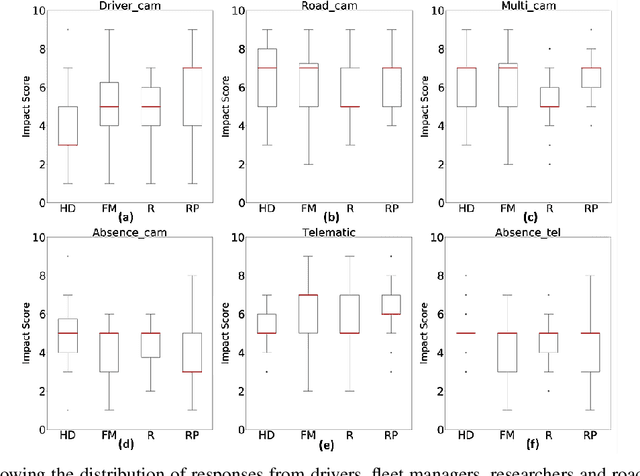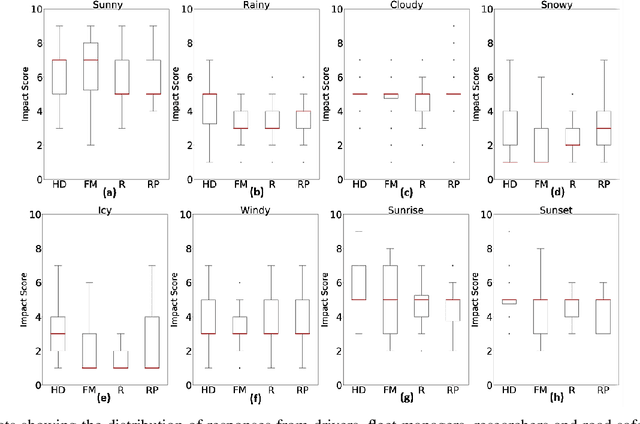Direnc Pekaslan
The Energy Prediction Smart-Meter Dataset: Analysis of Previous Competitions and Beyond
Nov 07, 2023



Abstract:This paper presents the real-world smart-meter dataset and offers an analysis of solutions derived from the Energy Prediction Technical Challenges, focusing primarily on two key competitions: the IEEE Computational Intelligence Society (IEEE-CIS) Technical Challenge on Energy Prediction from Smart Meter data in 2020 (named EP) and its follow-up challenge at the IEEE International Conference on Fuzzy Systems (FUZZ-IEEE) in 2021 (named as XEP). These competitions focus on accurate energy consumption forecasting and the importance of interpretability in understanding the underlying factors. The challenge aims to predict monthly and yearly estimated consumption for households, addressing the accurate billing problem with limited historical smart meter data. The dataset comprises 3,248 smart meters, with varying data availability ranging from a minimum of one month to a year. This paper delves into the challenges, solutions and analysing issues related to the provided real-world smart meter data, developing accurate predictions at the household level, and introducing evaluation criteria for assessing interpretability. Additionally, this paper discusses aspects beyond the competitions: opportunities for energy disaggregation and pattern detection applications at the household level, significance of communicating energy-driven factors for optimised billing, and emphasising the importance of responsible AI and data privacy considerations. These aspects provide insights into the broader implications and potential advancements in energy consumption prediction. Overall, these competitions provide a dataset for residential energy research and serve as a catalyst for exploring accurate forecasting, enhancing interpretability, and driving progress towards the discussion of various aspects such as energy disaggregation, demand response programs or behavioural interventions.
Contextual Intelligent Decisions: Expert Moderation of Machine Outputs for Fair Assessment of Commercial Driving
Feb 20, 2022



Abstract:Commercial driving is a complex multifaceted task influenced by personal traits and external contextual factors, such as weather, traffic, road conditions, etc. Previous intelligent commercial driver-assessment systems do not consider these factors when analysing the impact of driving behaviours on road safety, potentially producing biased, inaccurate, and unfair assessments. In this paper, we introduce a methodology (Expert-centered Driver Assessment) towards a fairer automatic road safety assessment of drivers' behaviours, taking into consideration behaviours as a response to contextual factors. The contextual moderation embedded within the intelligent decision-making process is underpinned by expert input, comprising of a range of associated stakeholders in the industry. Guided by the literature and expert input, we identify critical factors affecting driving and develop an interval-valued response-format questionnaire to capture the uncertainty of the influence of factors and variance amongst experts' views. Questionnaire data are modelled and analysed using fuzzy sets, as they provide a suitable computational approach to be incorporated into decision-making systems with uncertainty. The methodology has allowed us to identify the factors that need to be considered when moderating driver sensor data, and to effectively capture experts' opinions about the effects of the factors. An example of our methodology using Heavy Goods Vehicles professionals input is provided to demonstrate how the expert-centred moderation can be embedded in intelligent driver assessment systems.
 Add to Chrome
Add to Chrome Add to Firefox
Add to Firefox Add to Edge
Add to Edge